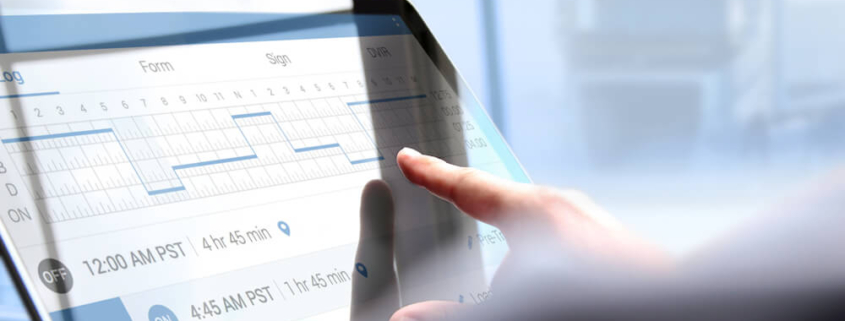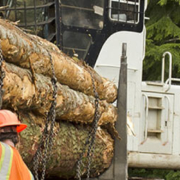What Do Electronic Logging Devices Mean for Your Truck Accident Claim?
When you’re involved in a truck accident, there’s an incredible amount of evidence that can be used to build your case. Trucking is a highly regulated industry, which means lots of documentation. Once your lawyer gets this paperwork, they can use it to prove liability and fight for the compensation you deserve.
Electronic logging devices are intended to improve safety outcomes and hold trucking companies accountable. They are also a great source of evidence in a truck accident claim. Start your claim now by calling Bailey Javins & Carter at 800-497-0234.
Why Are Electronic Logging Devices Mandatory?
The FMCSA mandated that all truck drivers utilize electronic logging devices no later than December 2021. At the time, most large trucking companies were already using these devices to streamline documentation and ensure compliance. However, many small-to-medium truck companies did have to make changes to meet this requirement.
Then, something strange happened. Accidents actually increased after the introduction of this requirement. This indicates that a number of trucking companies were not complying with hours-of-service regulations and break requirements prior to the use of ELDs, and as a result, drivers were rushing in an attempt to finish loads in a shorter timeframe.
This is exactly why ELDs are now required. While the FMCSA does have strict requirements for breaks, hours of service, and days off, it’s nearly impossible to enforce without electronic tracking. Prior to the introduction of this requirement, many companies still used paper logbooks, which made it easy to falsify documentation. With electronic documentation, it is impossible to falsify records to avoid fines. This may force trucking companies into following FMCSA regulations and doing their part to keep roads safe.
Information Tracked by ELDs
Electronic logging devices collect a surprising amount of information. A device may have information on how long a vehicle has been on the road, hours of service, duty status, GPS location, engine load, vehicle idling, fuel efficiency, fault codes or warning lights that turn on, and unsafe driving habits like hard braking. There is some variation between different types of ELDs.
How Your Attorney Can Use This Information for Your Claim
If you are injured in a truck accident, the information found on the truck’s ELD could be very helpful for your attorney. Consider, for example, a crash where the truck driver fell asleep and let their truck drift into the next traffic lane, where they sideswiped you and totaled your car.
Upon pulling the ELD records, your attorney finds out that the truck driver was in violation of hours-of-service regulations. By going further in their investigation, they find out that the trucking company has a history of encouraging truck drivers to ignore these requirements in favor of finishing trips faster. Not only do you stand a good chance of getting the compensation you deserve, but the trucking company will also be held accountable and discouraged from being so negligent in the future.
The information can also shine a light on general unsafe driving habits that may have led to the crash. For example, if it reports that the truck was erratically speeding up and slowing down, that may be a sign of impaired or distracted driving. If the ELD shows that there was a diagnostic code active for multiple trips, that may indicate that the driver did not do a proper pre-trip inspection that would have identified the problem.
However, this all hinges on actually getting access to the ELD records and other types of evidence. That’s why it’s so important to have a trustworthy attorney throughout this process. While you may not know what evidence to look for or how to get it, your attorney will know exactly what to do and how to do it. This lowers your stress levels during one of the most overwhelming experiences of your life.
Contact Bailey Javins & Carter Now to Get Started
If a truck accident has blindsided you and left you unsure of what to do next, it’s time to talk to the team at Bailey Javins & Carter. Make the right move for you now—call us at 800-497-0234 or contact us online to set up your free consultation.





 Insurance Adjusters misrepresenting your account of an accident
Insurance Adjusters misrepresenting your account of an accident





